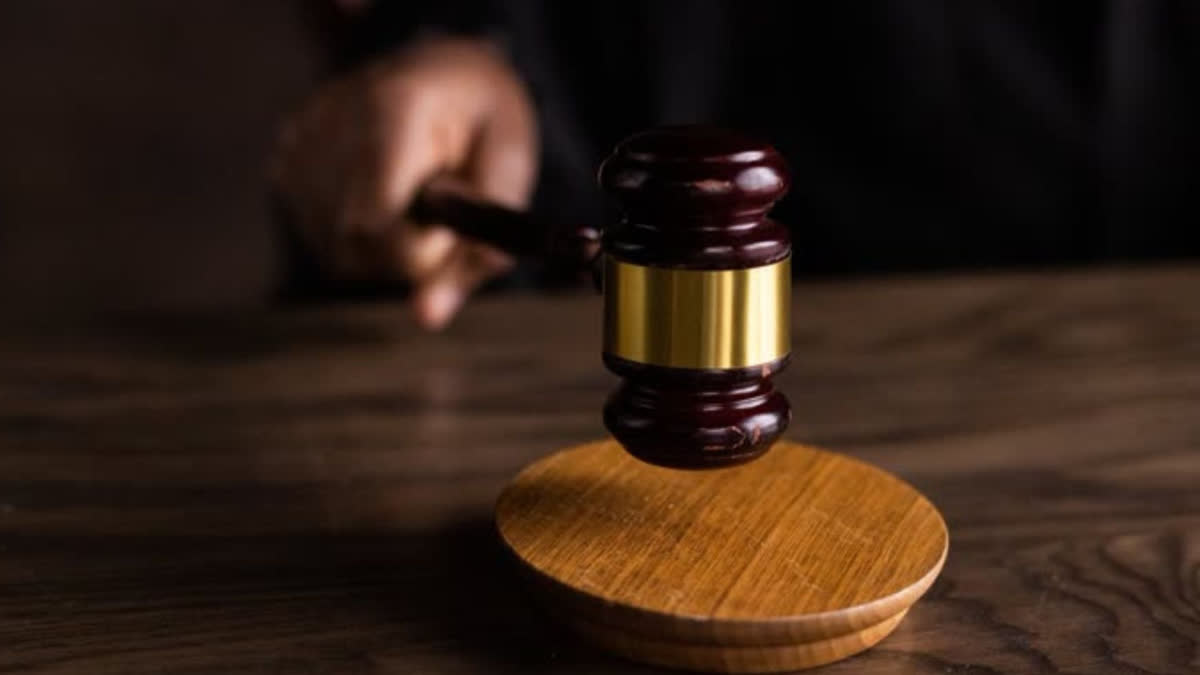New Delhi: The Supreme Court Friday said that mere possession of the literature, even if the content thereof inspires or propagates violence, by itself cannot constitute any of the offences within Chapters IV and VI of the Unlawful Activities (Prevention) Act, 1967, while granting bail to Vernon Gonsalves and Arun Ferreira detained since 2018 in the Bhima Koregaon case.
A bench comprising justices Aniruddha Bose and Sudhanshu Dhulia said: “In the case of the appellants, contents of the letters through which the appellants are sought to be implicated are in the nature of hearsay evidence, recovered from co-accused. Moreover, no covert or overt terrorist act has been attributed to the appellants in these letters, or any other material forming part of records of these two appeals”.
The bench said reference to the activities of the accused are in the nature of ideological propagation and allegations of recruitment. It said no evidence of any of the persons who are alleged to have been recruited or have joined this “struggle” inspired by the appellants has been brought before us. “Thus, we are unable to accept NIA’s (National Investigation Agency) contention that the appellants have committed the offence relating to support given to a terrorist organisation”, said the bench.
Also read-Koregaon Bhima inquiry commission not given Mumbai office by Maha govt, to function from only Pune
Justice Bose, who authored the 54-page judgment on behalf of the bench, said: “The second set of materials include the witness statements. There also no covert or overt act of terrorism has been attributed to the appellants by the three witnesses”.
Justice Bose said the second head of alleged offensive acts of the appellants is keeping literature propagating violence and promoting overthrowing of a democratically elected government through armed struggle. “But again, it is not the NIA’s case that either of the two appellants is the author of the materials found from their residences, as alleged. None of these literatures has been specifically proscribed so as to constitute an offence, just by keeping them”, he said.
The top court said so far as Arun Ferreira is concerned, some materials point to handling of finances. But such finances, as per the materials through which the dealings are sought to be established, show that the transaction was mainly for the purpose of litigation on behalf of, it appears to us, detained party persons, it said.
The bench said some of the literature alleged to have been recovered from the appellants, by themselves give hint of propagation of such activities but there is nothing against the appellants to prima facie establish that they had indulged in the activities which would constitute overawing any public functionary by means of criminal force or the show of criminal force or attempts by the appellants to do so.
“Neither there is allegation against them of causing the death of any public functionary or attempt to cause death of such functionary. Mere holding of certain literatures through which violent acts may be propagated would not ipso facto attract the provisions of Section 15(1)(b) of the said Act”, said the bench.
The top court said: "Mere possession of the literature, even if the content thereof inspires or propagates violence, by itself cannot constitute any of the offences within Chapters IV and VI of the 1967 Act". The top court said: “Thus, prima facie, in our opinion, we cannot reasonably come to a finding that any case against the appellants under Section 15(1) (b) of 1967 Act can be held to be true”.
Justice Bose said that it is not possible for us to form an opinion that there are reasonable grounds for believing that the accusation against the appellant of committing or conspiring to commit a terrorist act is prima facie true. “The witness statements do not refer to any terrorist act alleged to have been committed by the appellants”, he said.
Also read-Bhima Koregaon case: SC adjourns hearing on Vernon Gonsalves and Arun Ferreira's bail pleas
The top court, imposing conditions for bail, said the petitioners will not leave Maharashtra without obtaining permission from the trial court. “Both the appellants shall surrender their passports, if they possess so, during the period they remain on bail with the Investigating Officer of the NIA. Both the appellants shall inform the Investigating Officer of the NIA, the addresses they shall reside in. Both the appellants shall use only one Mobile Phone each, during the time they remain on bail and shall inform the Investigating Officer of the NIA, their respective mobile numbers.”, said the top court.
The top court said they should also ensure that their mobile phones remain active and charged round the clock so that they remain constantly accessible throughout the period they remain on bail. “During this period, that is the period during which they remain on bail, both the appellants shall keep the location status of their mobile phones active, 24 hours a day and their phones shall be paired with that of the Investigating Officer of the NIA to enable him, at any given time, to identify the appellants’ exact location. Both the appellants shall report to the Station House Officer of the Police Station within whose jurisdiction they shall reside while on bail once a week”, said the top court.
In May last year, the petitioners had moved the Supreme Court against Bombay High Court's December 2021 judgment, refusing them default bail.



